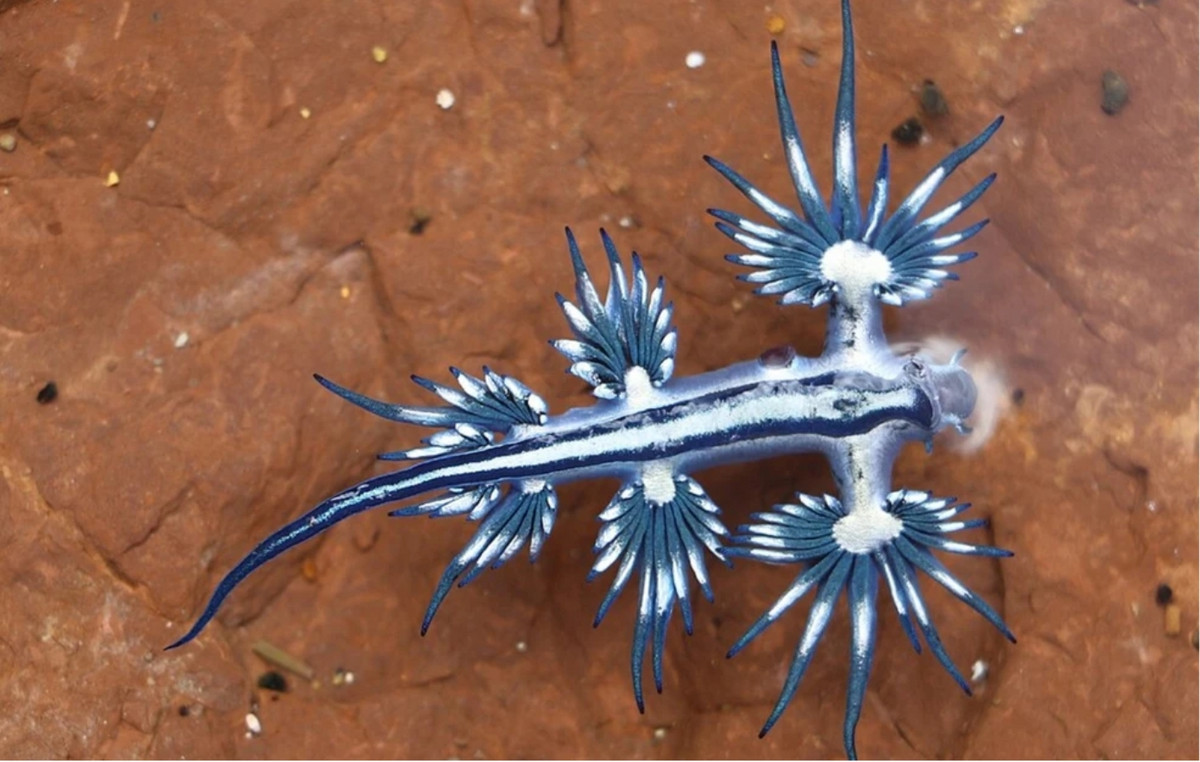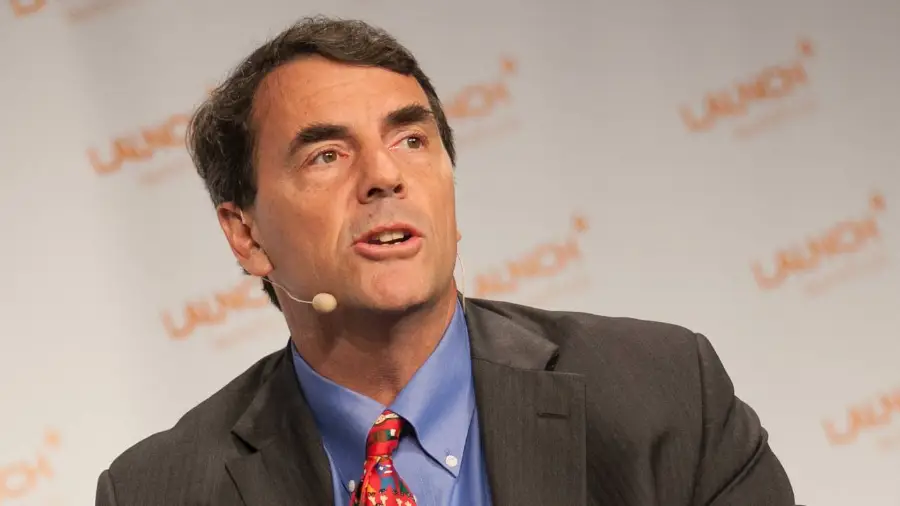The United States responds to a request for the release of the vaccine against monkey pox of the country’s Strategic National Stock in the face of the global surge in cases under investigation.
There is one confirmed case of smallpox and four suspected cases in the United States, according to the US Centers for Disease Control and Prevention (CDC).
“I can inform you that there was a request to release the Jyneos vaccine from the National Stockpile to some of the high-risk contacts of some of the early patients, so it’s actively happening now,” said Jennifer McQuiston, deputy director of the Division of High Consequence Pathogens and Pathology at the National Center for Emerging Infectious and Zoonotic Diseases. from the CDC, on Monday (23).
Jennifer said the United States has a “good supply” of vaccine because it is preparing for the possibility of needing to use doses for smallpox.
In the United States, the two-dose Jynneos vaccine is licensed to prevent smallpox and specifically to prevent monkeypox.
“We currently have over 1,000 doses available and we expect that level to increase very quickly in the coming weeks as the company provides us with more doses,” said Jennifer.
There is another smallpox vaccine licensed in the United States, ACAM2000, that can be used to prevent smallpox, she said, and the country has more than 100 million doses.
“ACAM2000 is an older generation smallpox vaccine that has some potential significant side effects. Therefore, a decision to use it widely would have to have a serious discussion behind it.”
Overall, “we hope to expand the distribution of the vaccine to those we know would benefit from it,” she said. “These are people who have had contact with known smallpox patients, healthcare professionals, very close personal contact and those in particular who may be at high risk for serious illness.”
The confirmed case of smallpox in the United States is a man in Massachusetts, and the four smallpox cases are among men in New York, Florida and Utah, the CDC says. The orthopoxvirus genus refers to smallpox viruses in general.
Jennifer said healthcare professionals should assume these orthopoxvirus cases are monkeypox.
“There are likely to be new cases reported in the United States,” she said.
Jennifer said the CDC expects to receive samples from the four suspected cases “today or tomorrow” for further analysis. Laboratories in the CDC Laboratory Response Network can test the samples for the smallpox virus, and then confirmation of monkeypox is done specifically at the agency through molecular diagnostic tests (RT PCR), which take “ few hours” to run, she said.
“Once the CDC gets a sample, we can do our smallpox confirmatory PCR tests probably on the same day. We’ve seen a few-day turnaround, from the time a suspected patient can get a doctor’s attention until they can get initial lab results from the state’s LRN,” McQuiston said.
The CDC sequencing of the sample from the confirmed case in Massachusetts was “very fast” and within 48 hours the researchers were able to see that it matched that of a case in Portugal.
“This process previously took up to two weeks, but we were able to publish it in two days because we feel that this kind of public sharing of early sequencing data will be important for all countries so that we can all better understand how the virus is spreading across the country. world,” said Jennifer.
THE Monkeypox is not transmitted through sex itself. but it can be transmitted through contact during sex, said John Brooks, medical director of the CDC’s office of HIV prevention.
“THE smallpox is not a sexually transmitted infection in the typical sense, but it can be transmitted during sexual and intimate content as well as personal contact and shared bedding and clothing,” Brooks said Monday.
Anyone can catch or spread smallpox, but a “notable fraction of cases” in the latest global outbreak is happening among gay and bisexual men.
“Some groups may have a greater chance of exposure now, but by no means is the current risk of exposure to smallpox unique to the gay and bisexual community in the US,” Brooks said. “Anyone, anyone, can develop [e] spread monkeypox infection, but…many of those affected in the current global outbreak have been identified as gay and bisexual men.”
Brooks said the CDC decided to hold a press conference about the outbreak now because LGBTQIA+ Pride month usually starts on Memorial Day weekend in the US and officials wanted to make sure the community was aware of the situation. He also urged doctors to keep an eye out for the disease because it can resemble other types of STIs.
He said the rash is “appearing on different parts of the body than what we normally expect to see”.
“In some cases, it has produced anal or genital lesions that look like other diseases like herpes, chickenpox or syphilis. Therefore, anyone with a rash or lesion around or involving their genitals, anus, or anywhere else they have not seen it before, should be fully evaluated, both for that rash, but particularly for sexually transmitted infection and other illnesses that can cause a rash. skin,” he said.
“What we are trying to do in bringing attention to the fact that some of these cases had a genital and perianal presentation is just to remind people that they can come for an evaluation of what they think is an STI, but we would like professionals to health professionals thought ‘could it be monkeypox too?’ if the circumstances fit the clinical history.”
Source: CNN Brasil







